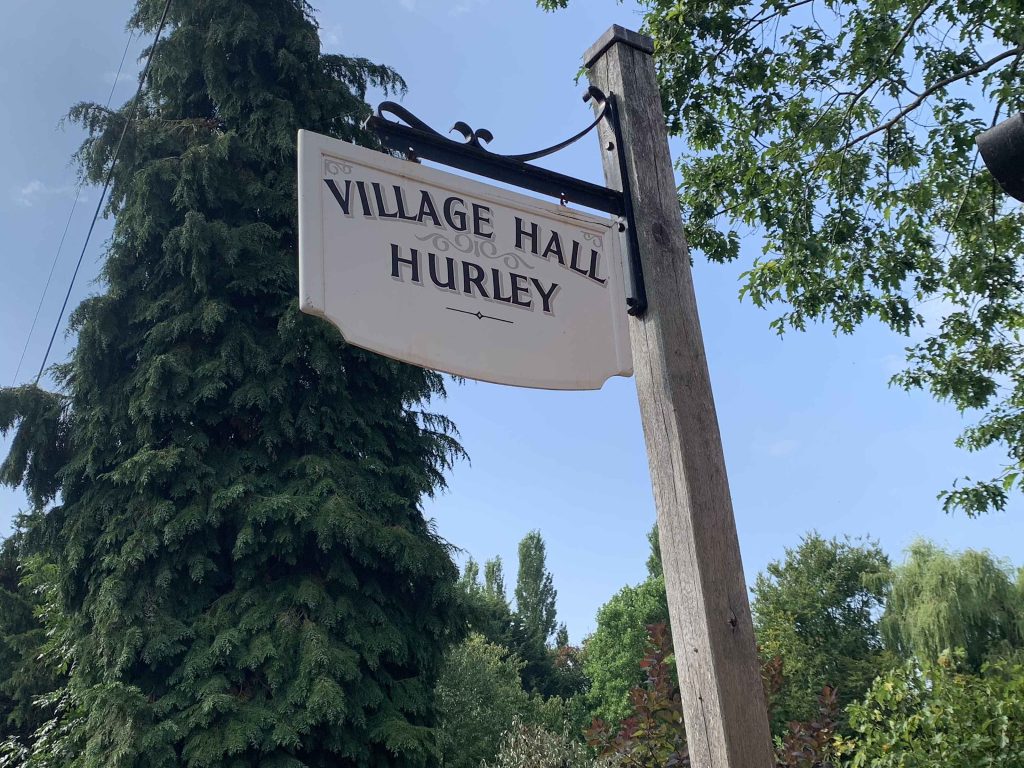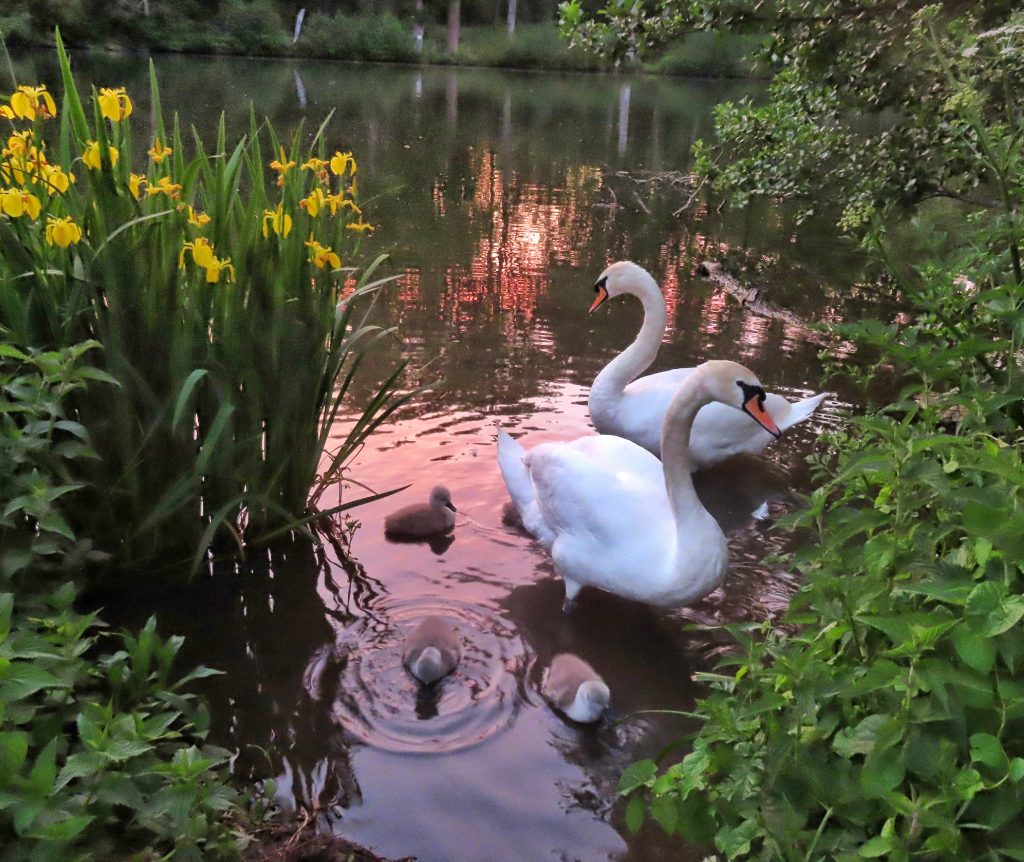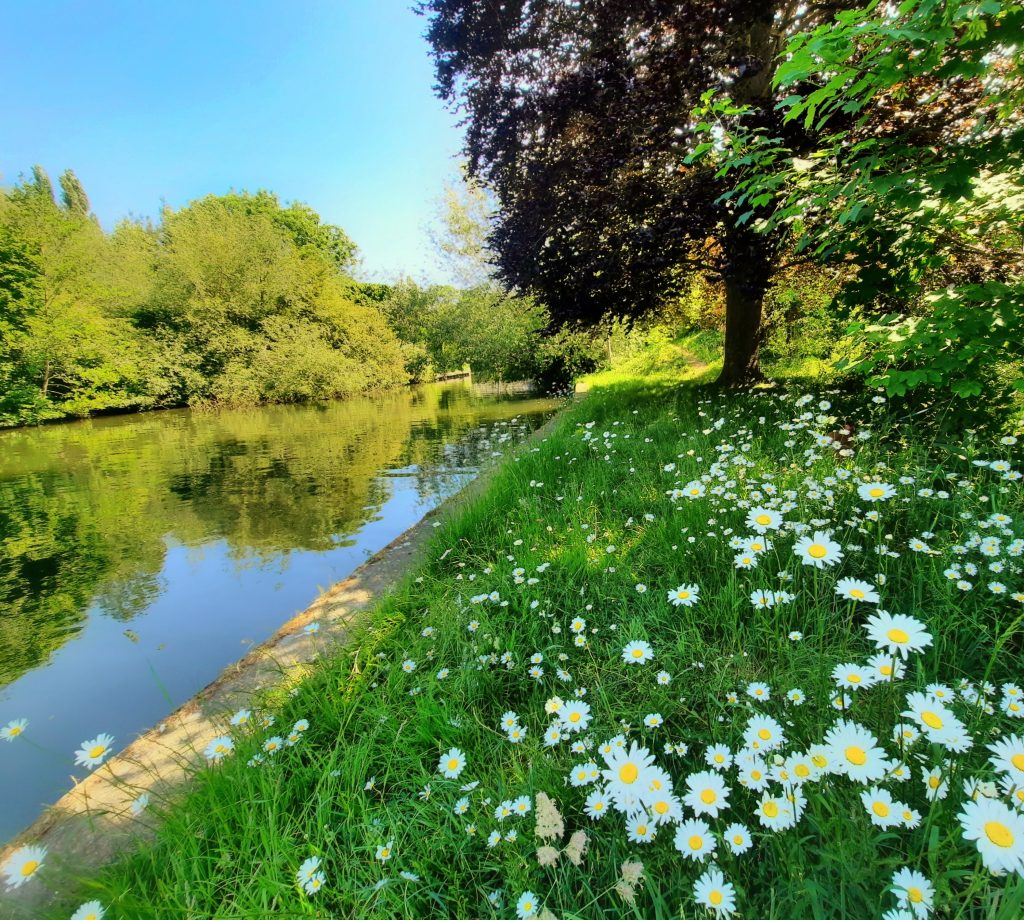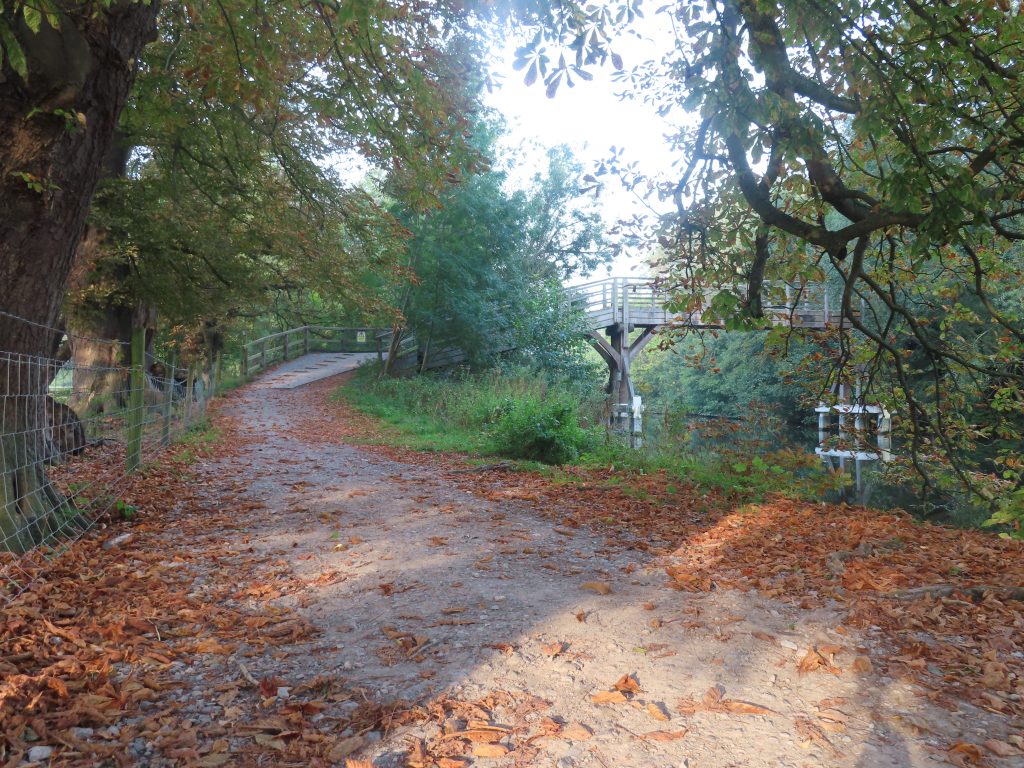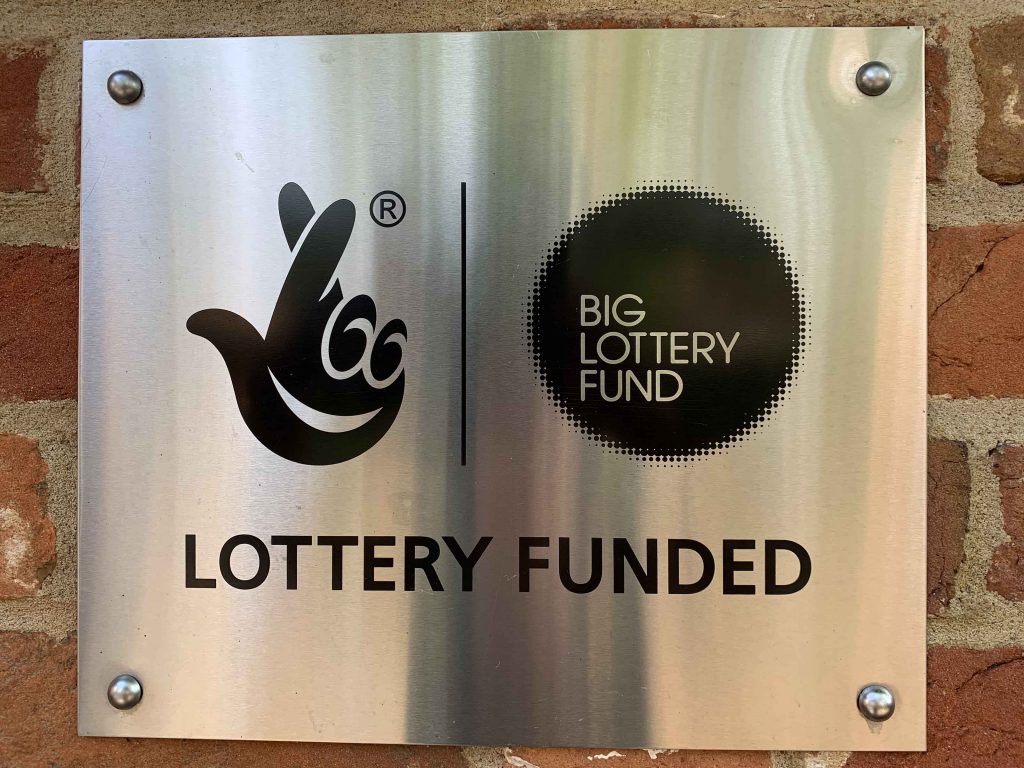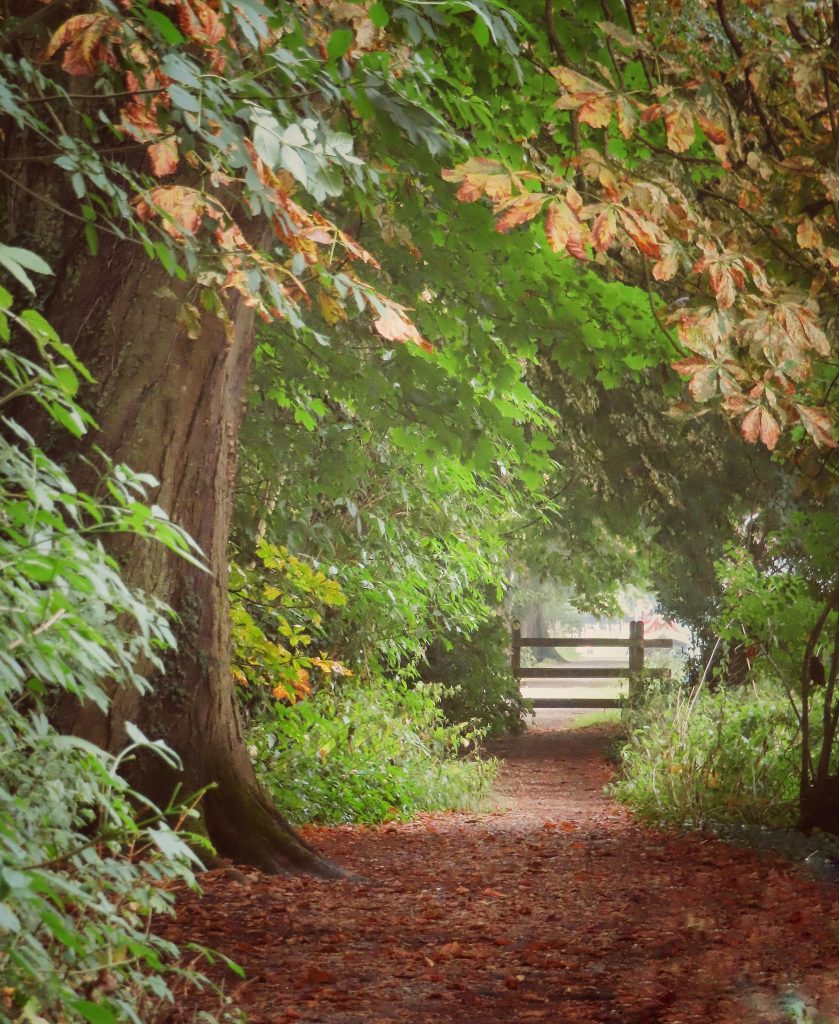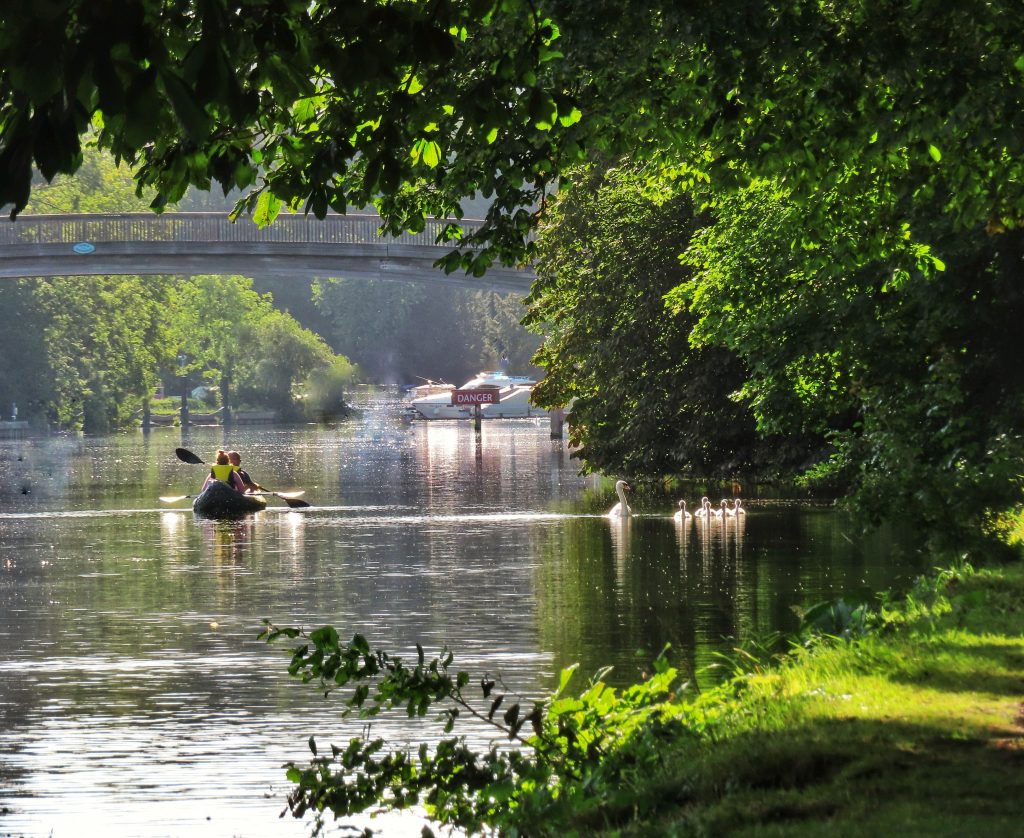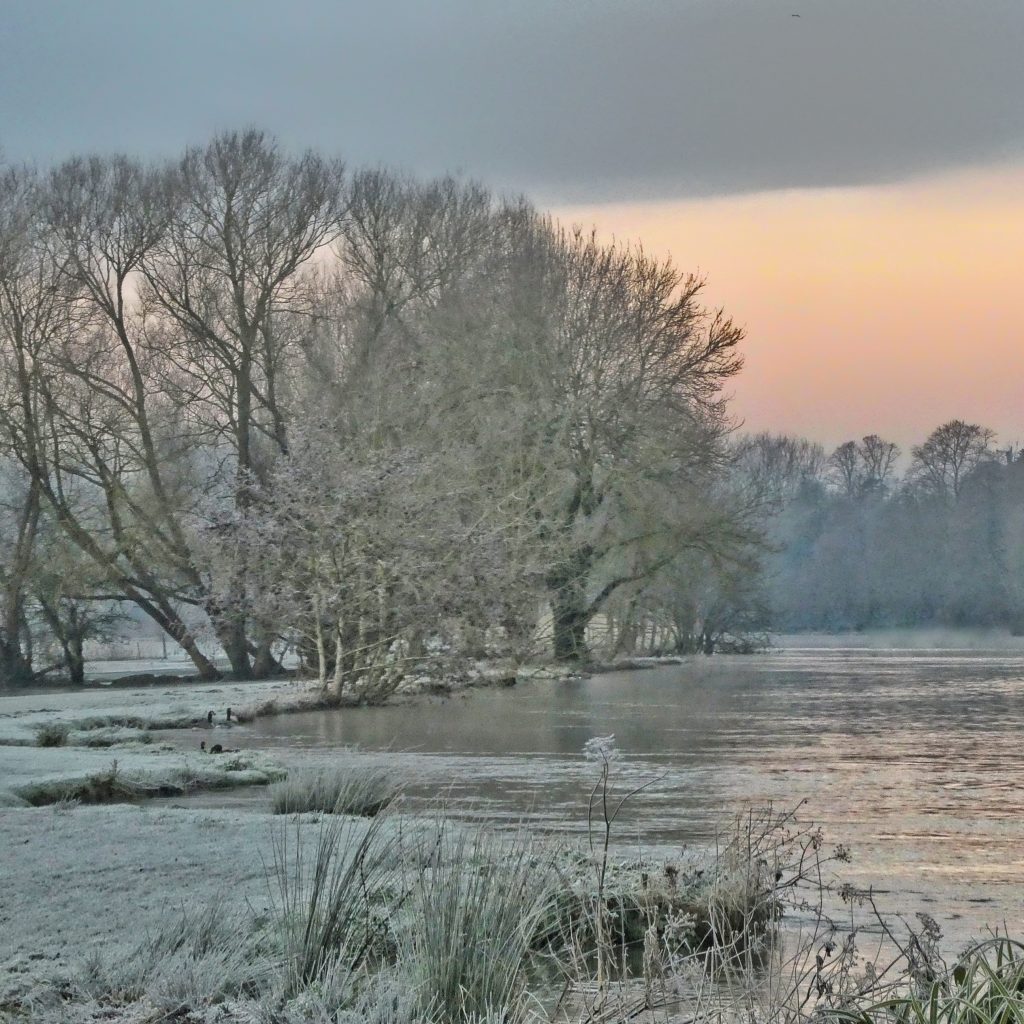It was 894 when the Danes were said to have passed through Hurley in their march up the Thames from London to Gloucester. An established church is mentioned in the Domesday survey of 1086. The church was dedicated as a Benedictine Monastery in 1089 and grew in size and significance until it was destroyed in 1536 under Henry VIII’s Dissolution of the Monasteries.
The colourful Hurley history includes the staging of a plot in 1688 to bring Dutch William of Orange and his wife Mary to the English throne, deposing Mary’s father, King James II. In stark contrast, in 1933, the Daily Mirror ran a centre spread about nude midnight bathing at Hurley lock. There is no evidence that VIPs Winston Churchill, Elliot Roosevelt and Dwight Eisenhower participated in such shenanigans when they visited the village prior to the D-Day landings during WW2!

